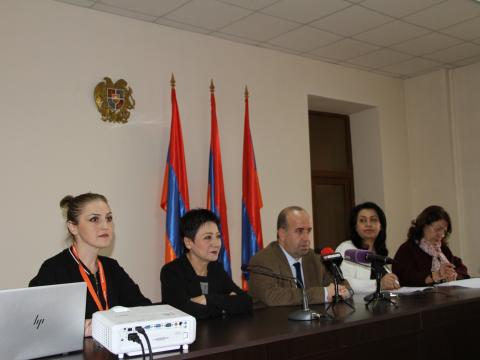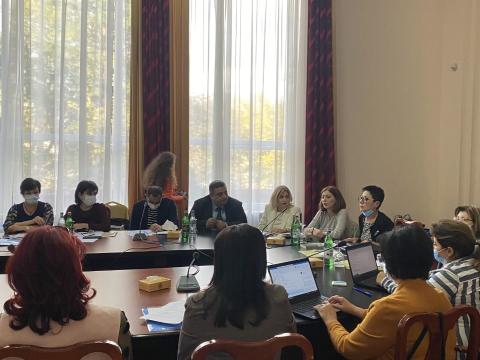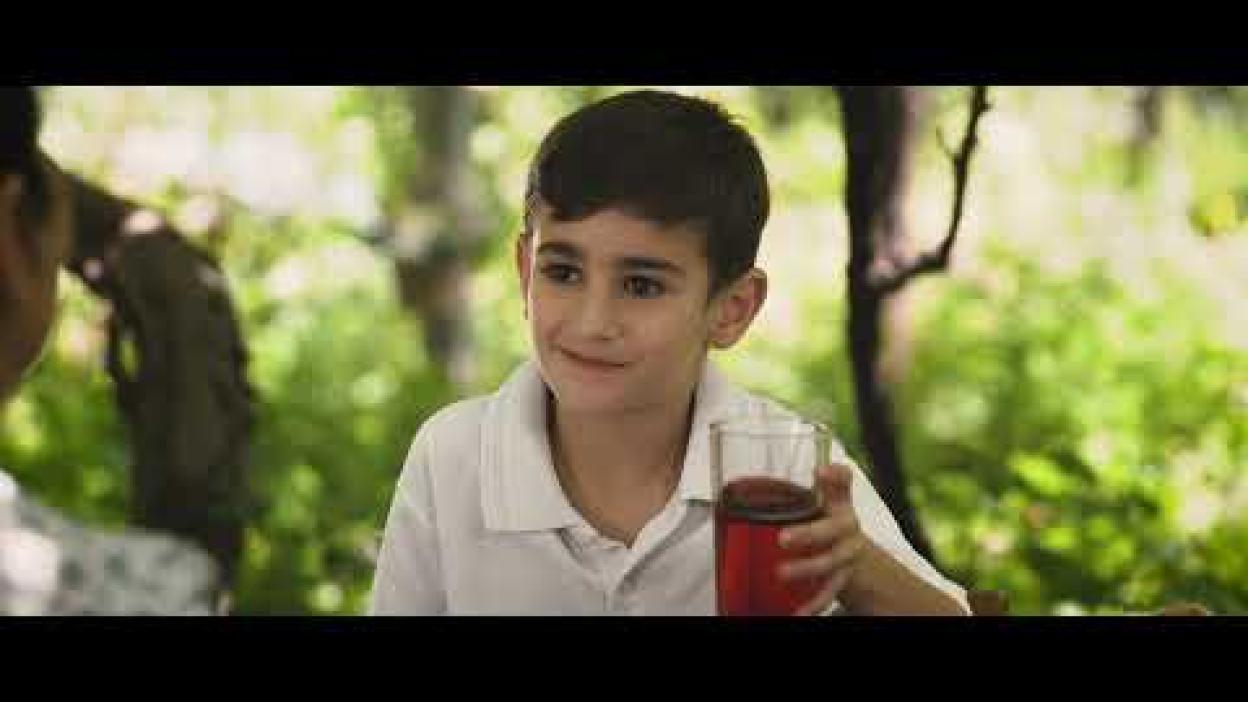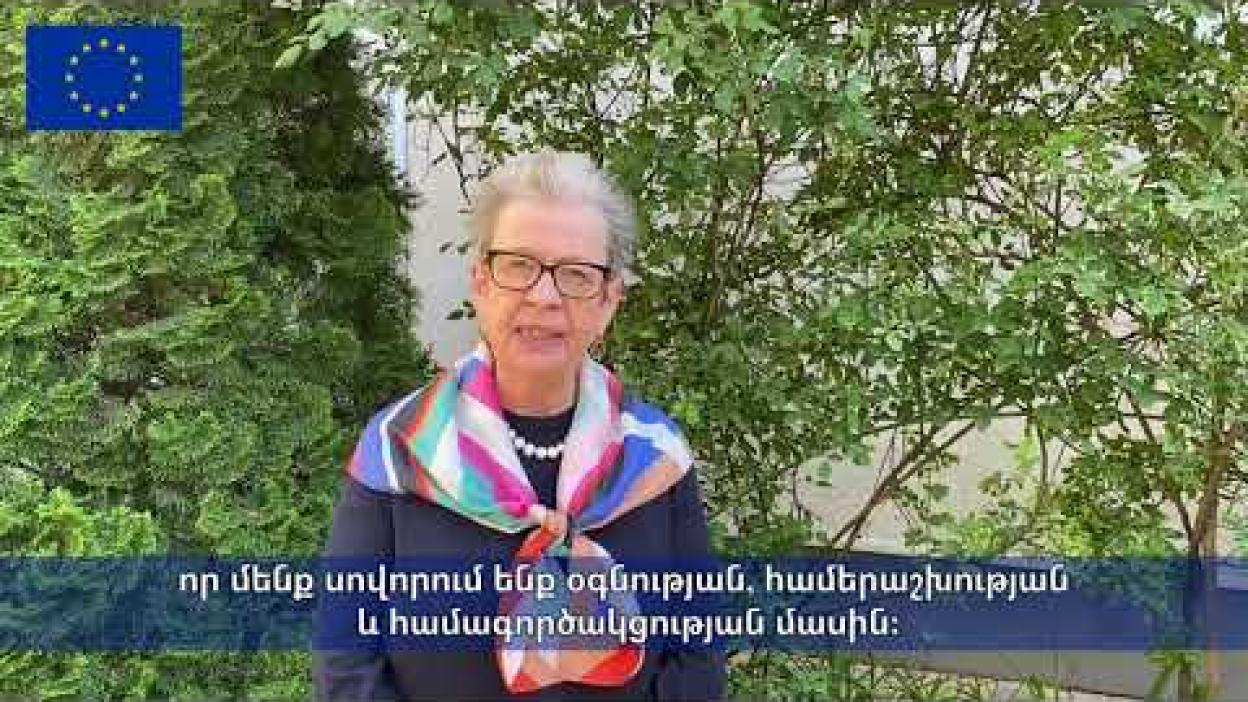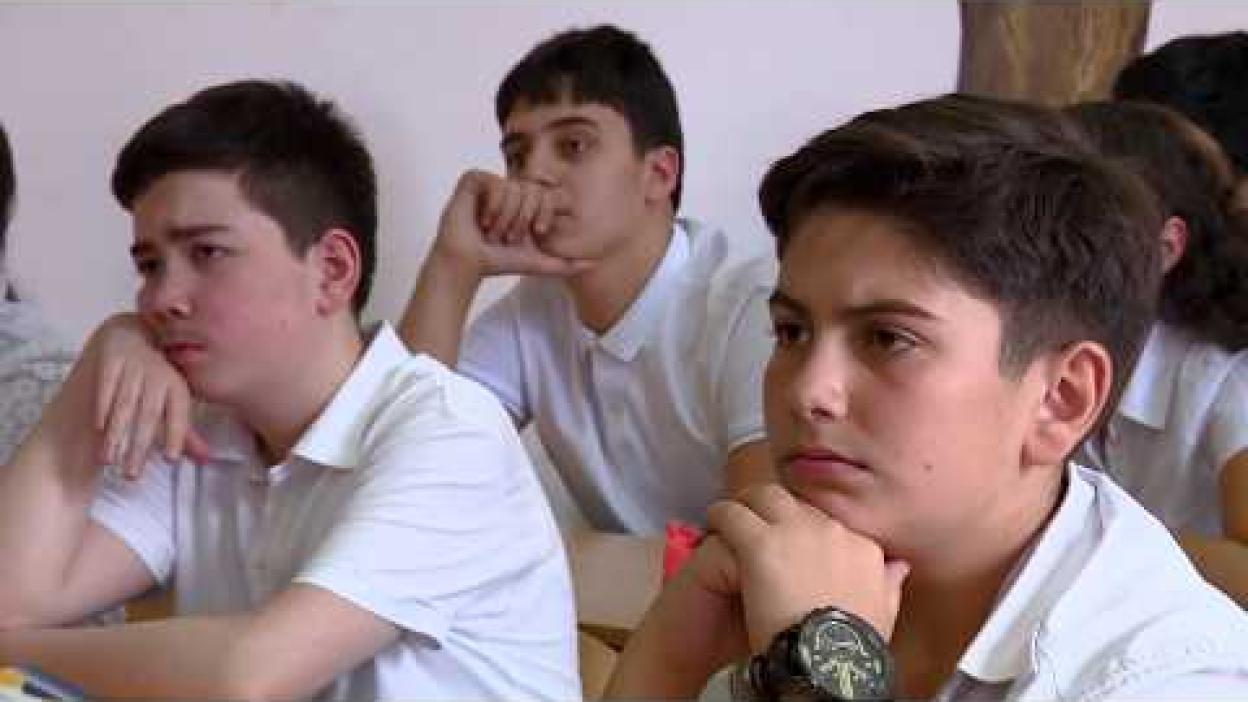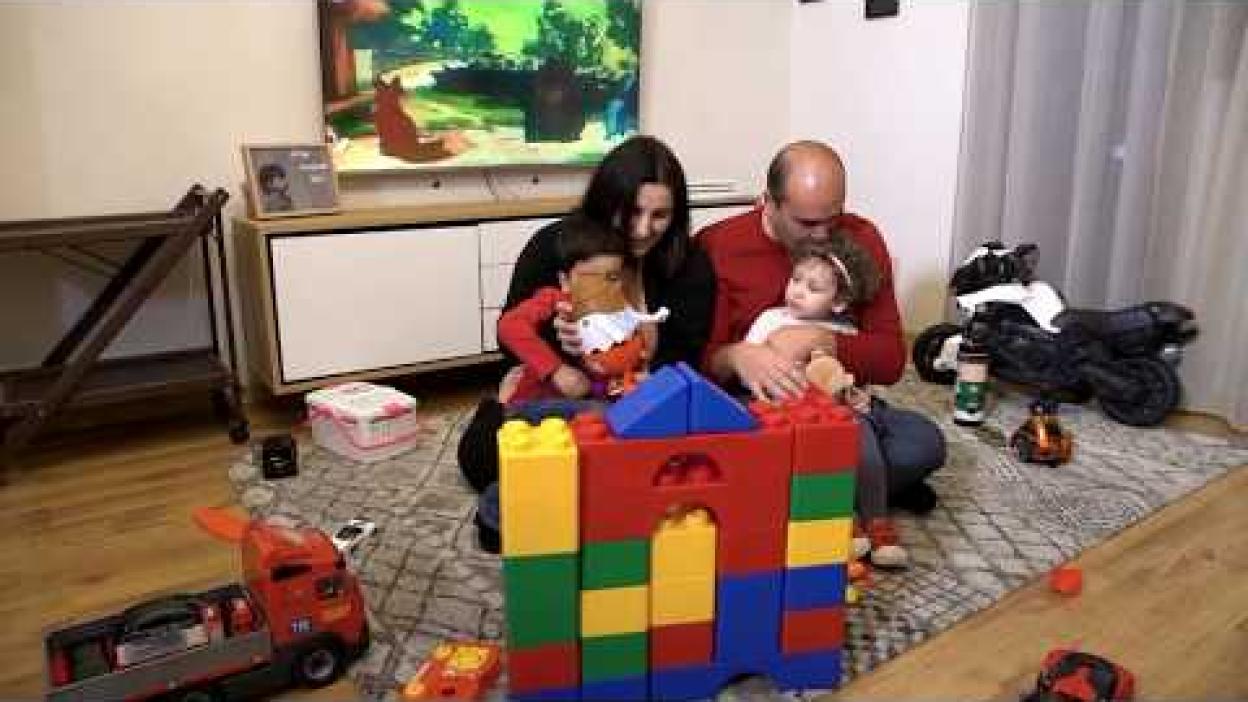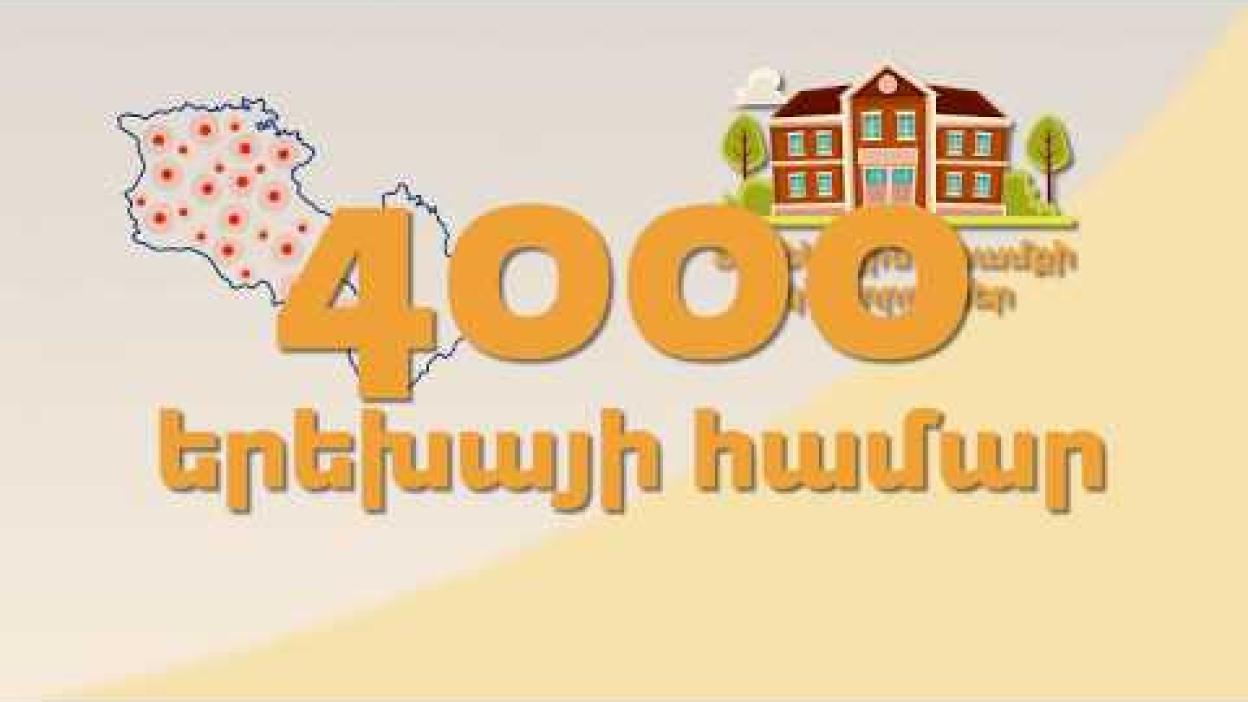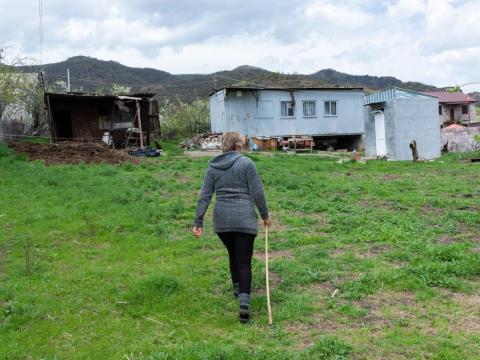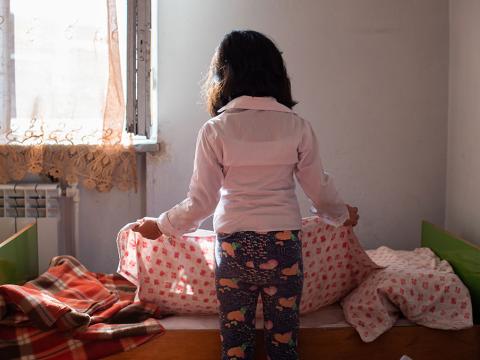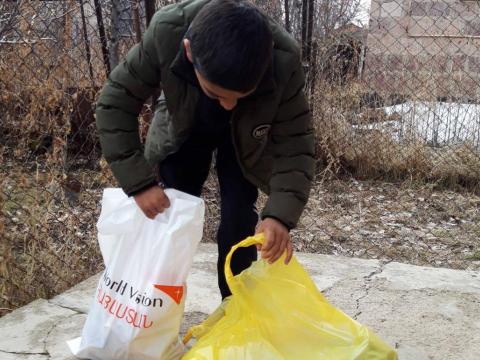FAMILY ENVIRONMENT AND SERVICES IN COMMUNITIES FOR CHILDREN OF ARMENIA (FESCCA)

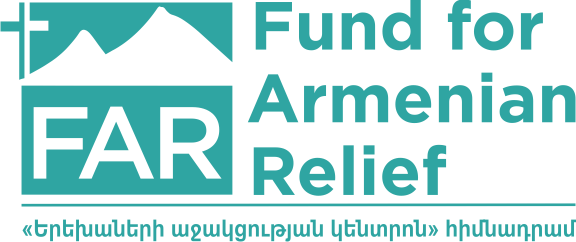
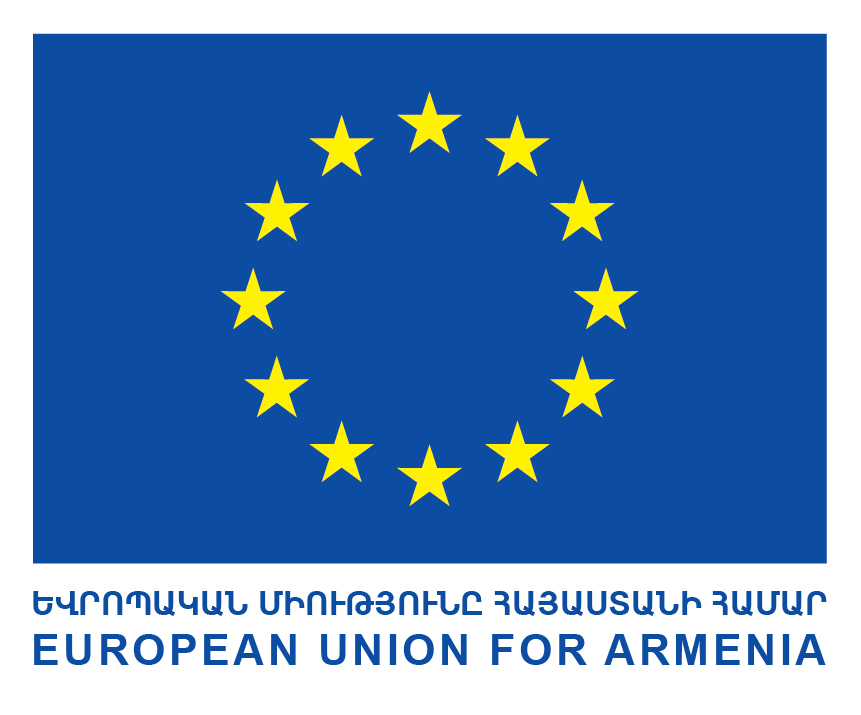
The ‘Family Environment and Services in Communities for Children of Armenia’ project funded by the European Union aims to bring operational solutions for the country’s child protection system. The overall objective of the project is to establish community-based quality services for the most vulnerable children and their families.
These services aim to support children reunited with their families or placed in family environment on their way to reintegrate into the communities and families. Simultaneously, the project will be preventing the flow of children into residential care facilities, and enable the reintegration of children back into their own families or into alternative family-based care.
The project will also contribute towards the insertion of the inclusive education principles in line with the Armenia’s state commitment.
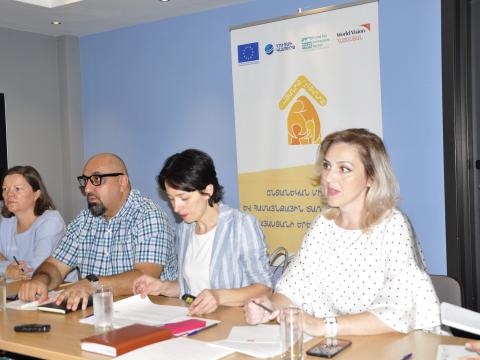
Actions in Brief
Key Actions
• Support the Government of Armenia to transform residential care institutions into alternative community-based care centres in target marzes for the most vulnerable children; services may include but not limited to rehabilitation and social support.
• Support with insertion of inclusive educational system in targeted areas through training of pedagogical staff from the schools in all aspects of inclusive education from child’s rights, fostering inter-sectorial cooperation and raising public awareness on inclusive education as doorway to community living and development for every child.
• Increase the Resilience of socially most vulnerable families to prevent possible abandonment of children through development and provision of diversified social assistance packages for families based on Individual Development Plans.
• Implement campaigns to raise public awareness on importance and progress towards deinstitutionalization and alternative care reforms.
